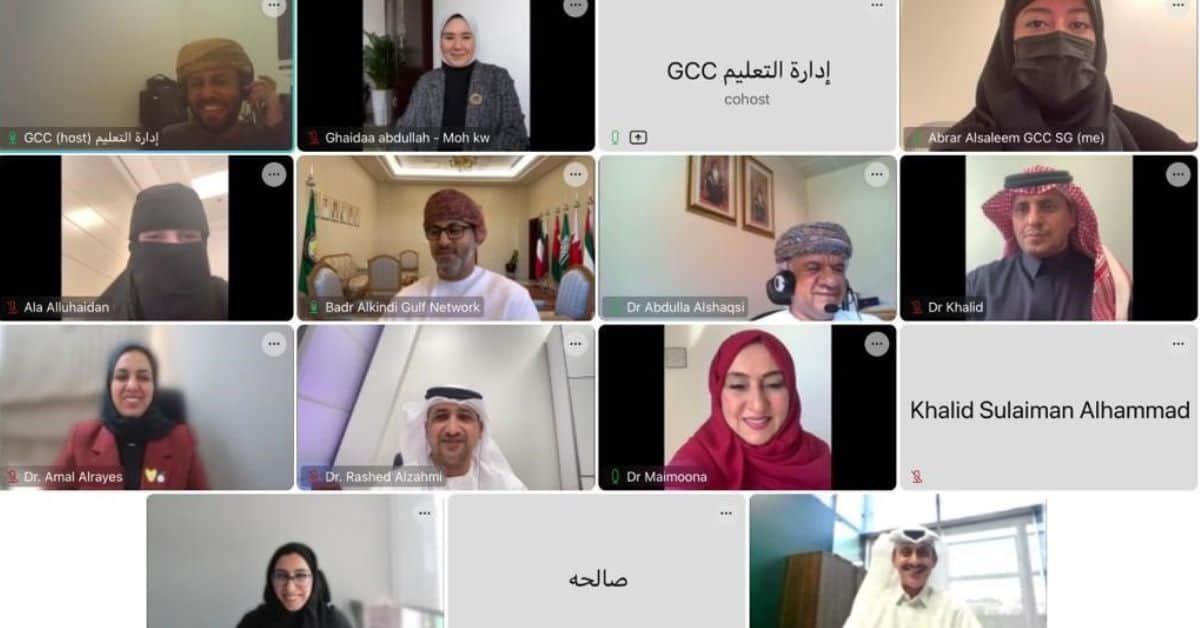RIYADH, Saudi Arabia – The Committee of Ministers of Higher Education and Scientific Research in the GCC countries, during its fourth meeting in Riyadh, reviewed the implementation of the strategic plan of the bloc.
It also discussed the work mechanism for the following stage as well as the actions and procedures that call for cooperative coordination between the ministries and institutions of higher education in the GCC countries.
Saudi Arabia
The Kingdom, as per the World Competitiveness Yearbook 2022 report, has progressed in the education, research, and innovation indicators.
Saudi Arabia’s ranking jumped to the 24th position from 32 in 2021, said the report issued by the Global Competitiveness Center of the International Institute for Management Development (IMD).
The Gulf country, according to the report, advanced four positions in the education indicator, bringing the Kingdom to the 37th position compared to 41 last year.
It also advanced two steps in the scientific infrastructure indicator, garnering the 30th position this year compared to the 32nd position in 2021, the report added.
This achievement contributed to the Kingdom’s progress in the infrastructure indicators, one of the main indexes of the report, as the Kingdom made it to the 34th position compared to 36 last year, maintaining an upward trajectory since 2018.
The Kingdom’s education sector achieved advanced results in education, research, and innovation indicators on the global competitiveness indicators this year, as the Kingdom advanced nine places in the university education achievements index ranking 28th in 2022 compared to 37 last year.
The Kingdom also jumped to 31st place this year in the global rankings of universities, which relates to the classification of “Times Higher Education” magazine for world universities, compared to the 39th position in 2021, in addition to reaching the 26th position in the intellectual property rights index during 2022 compared to the 30th rank last year.
United Arab Emirates
The UAE — which used to be a net exporter of undergraduate students to universities in North America, Europe, and Australia — now attracts a larger number of foreign students to a growing number of educational institutions, thanks to the government’s initiatives.
The Gulf country, which used to send approximately 15,000 students abroad per year, is now is home to 60 globally respected international university campuses, which generate millions of dollars and help the country earn foreign currency.
Dubai alone houses 34 international higher education institutions that provide more than 600 programmes with one in four students, or 28 per cent, coming from outside the UAE.
Dubai’s international higher education institutions reported an annual enrolment growth of 3.6 per cent, with more than 29,000 students enrolled in university programmes.
In January 2021, the UAE Government said it would give longer-term residence visas to foreign students pursuing education in the country — a move that many considered a game-changer.
A few days later, UAE’s Vice-President and Prime Minister and Dubai Ruler Sheikh Mohammed bin Rashid Al Maktoum said foreign students would be permitted to bring relatives with them to the country “whenever they have the financial means” to do so. The UAE Cabinet directive encouraged more learners to make the country their chosen destination for undergraduate and postgraduate courses.








